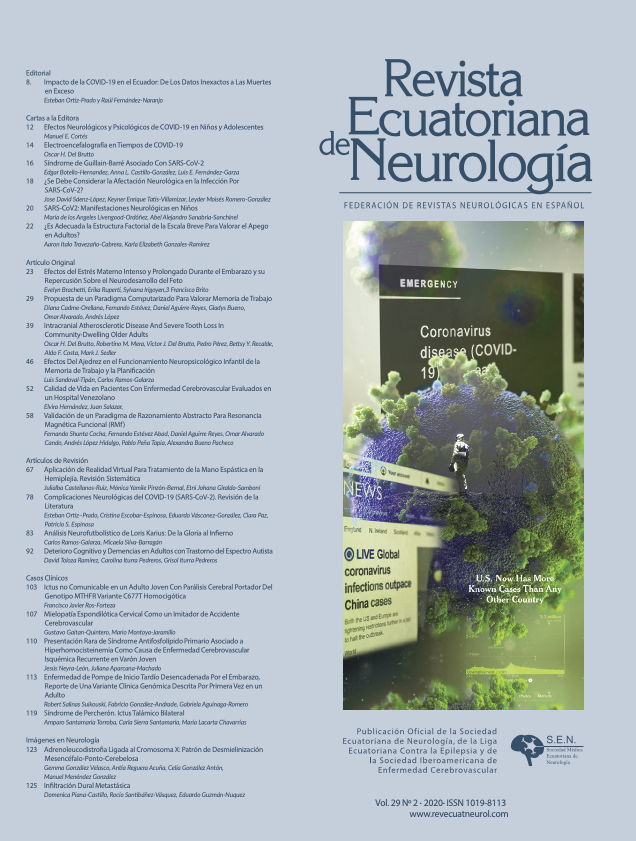Abstract
Introduction. Chess is a sport and game that benefits different cognitive capacities in the infant stage due to its actions of moving pieces, game rules, decision making and problem solving.
Objective. This article analyzes the benefit of chess in the working memory and planning of boys and girls between 7 and 11 years of age (Mage = 9.00, SD = 1.08).
Method. The design followed is of a comparative type with 30 chess players and 30 non-chess players.
Results. Statistically significant differences were found in the comparisons between the groups in: Labyrinth of Porteus t (58) = 2.38, p = .02, d = .30; ENFEN t (58) = 3.53, p = .001, d = .42, Color paths t (58) = 2.26, p = .03, d = .28 and Ring Test t (58) = 2.35, p = .02, d = .29. In the Parent Observation Questionnaire, no significant differences were found.
Conclusions. The results are discussed around previous research and underlining the positive impact that chess activity produces in the improvement of working memory and planning.

